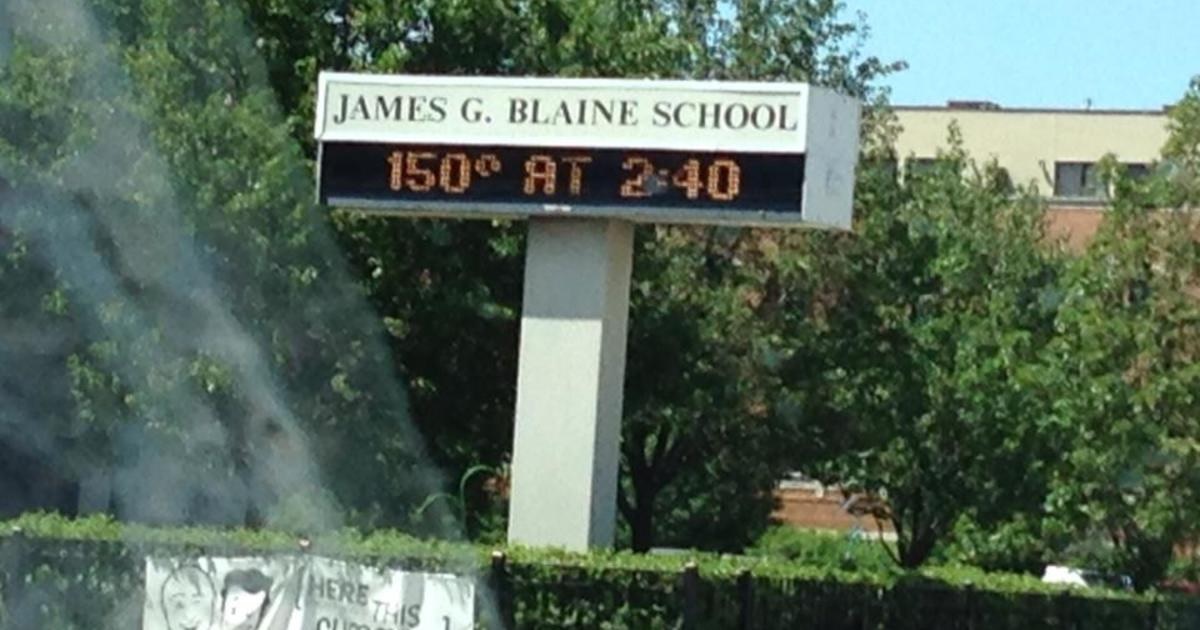De-Carbonization of our National Bus Depots
Why must we de-carbonize our bus depots? Is global warming for real? Will our children experience a 150 degree fahrenheit day?

Decarbonizing bus fleets presents both opportunities and challenges in the US, and globally. In this session, we will discuss the key opportunities and challenges associated with this endeavor. The top three opportunities for the transit industry are underpinned by a) environmental benefits, b) cost savings, and c) technological innovation. Decarbonizing bus fleets offers significant environmental advantages by reducing greenhouse gas emissions and air pollution. Furthermore, transitioning to electric buses could also provide long-term cost savings to the industry. It also creates opportunities for technological innovation and job creation. For example, the development and adoption of electric bus technologies spur advancements in battery storage, charging infrastructure, and energy management systems. This fosters economic growth, encourages research and development, and generates new job opportunities in clean energy sectors. The path to above strategic opportunities requires overcoming the challenges associated with infrastructure development, upfront costs, and charging range constraints. One of the significant challenges in decarbonizing bus fleets is the need for extensive charging infrastructure. Electric buses require an adequate network of charging stations, including both depots charging and on-route charging options. Expanding the charging infrastructure across the country requires significant investments and coordination among various stakeholders, including transit agencies, utility companies, and local governments. Electric buses also tend to have higher upfront costs compared to traditional diesel or natural gas buses. While the operational costs of electric buses are lower, the initial purchase price can be a barrier for transit agencies, especially those with limited budgets. Funding and financial incentives are necessary to support the transition to electric bus fleets and mitigate the upfront costs. Electric buses' range and charging time can present challenges for transit operations. The range limitations of electric buses may necessitate adjustments to routes, scheduling, and infrastructure planning. Efficient charging solutions must be implemented to minimize downtime and ensure the availability of charged buses during peak operational hours. Overcoming these constraints requires careful planning and collaboration between transit agencies and charging infrastructure providers. Addressing these challenges and leveraging the opportunities will be crucial in successfully decarbonizing bus fleets in the US, contributing to a more sustainable and cleaner transportation system.
Date and Time
Location
Hosts
Registration
-
 Add Event to Calendar
Add Event to Calendar
Loading virtual attendance info...
- Contact Event Hosts
-
Mike Brisbois
708.668.5488
mike.brisbois@ieee.org - Co-sponsored by IEEE Power and Energy Soceity
Speakers
 Masjood Jafri of Atkins Global
Masjood Jafri of Atkins Global
De-Carbonization of our National Bus Depots
For example, the development and adoption of electric bus technologies spur advancements in battery storage, charging infrastructure, and energy management systems. This fosters economic growth, encourages research and development, and generates new job opportunities in clean energy sectors. The path to above strategic opportunities requires overcoming the challenges associated with infrastructure development, upfront costs, and charging range constraints. One of the significant challenges in decarbonizing bus fleets is the need for extensive charging infrastructure. Electric buses require an adequate network of charging stations, including both depots charging and on-route charging options. Expanding the charging infrastructure across the country requires significant investments and coordination among various stakeholders, including transit agencies, utility companies, and local governments. Electric buses also tend to have higher upfront costs compared to traditional diesel or natural gas buses. While the operational costs of electric buses are lower, the initial purchase price can be a barrier for transit agencies, especially those with limited budgets. Funding and financial incentives are necessary to support the transition to electric bus fleets and mitigate the upfront costs. Electric buses' range and charging time can present challenges for transit operations. The range limitations of electric buses may necessitate adjustments to routes, scheduling, and infrastructure planning. Efficient charging solutions must be implemented to minimize downtime and ensure the availability of charged buses during peak operational hours. Overcoming these constraints requires careful planning and collaboration between transit agencies and charging infrastructure providers. Addressing these challenges and leveraging the opportunities will be crucial in successfully decarbonizing bus fleets in the US, contributing to a more sustainable and cleaner transportation system.
Biography:
Masjood Jafre is a highly skilled and accomplished professional who takes a holistic approach to problem-solving. He specializes in developing innovative solutions and strategies to decarbonize planning, construction, and operation of capital assets in the transportation, infrastructure, and energy markets. With his extensive knowledge of project life cycle across multiple economic sectors, he introduces advanced program management and engineering solutions to reduce the carbon footprint and enhance the outcomes of capital projects. In his current role as Resiliency Market Director for Atkins North America, Masjood collaborates closely with public and private sector organizations supporting ideation, co-creation, and deployment of low-carbon, sustainable, and resilient engineering solutions.
He obtained his engineering degree from the University of Manchester, UK and has over 15 years of experience in project management consulting and technical advisory roles for the owners, developers, investors, and lenders of capital projects. He is a certified project management professional (PMP) and is a member of the Institute of Engineering and Technology (IET). He also serves as a sub-committee member of the Construction Industry Institute (CII) and the Construction Management Association of America (CMAA). With his wealth of knowledge and experience, Masjood is well-equipped to lead and drive innovative solutions for sustainable development in the engineering industry.
Email:
Agenda
12:00 pm PDT IEEE Announcements
12:02 pm PDT IEEE Introduction of Speaker
12:04 pm PDT Presentation
12:45 pm PDT Q&A
Why are bus depots considered the largest producer of GHG (green house gases)? How can we concerned parents help out? REGISTER Flyer

